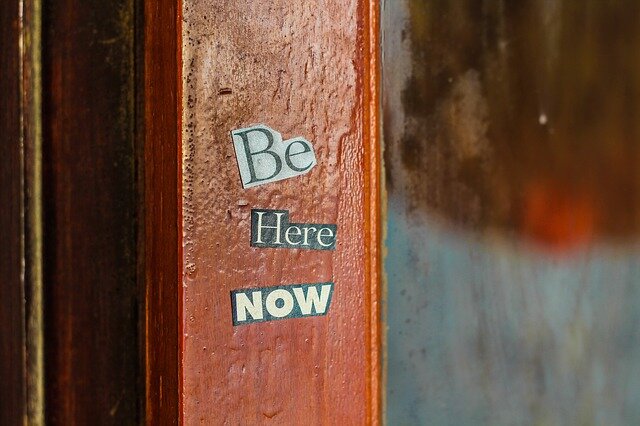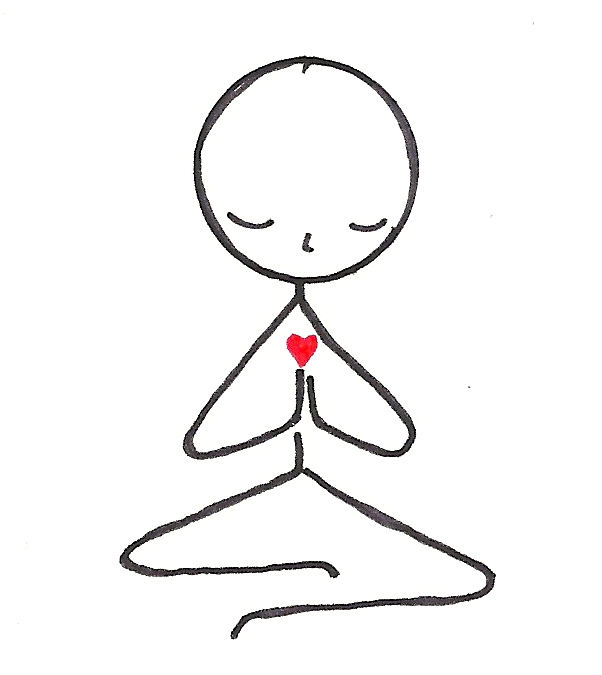5 Ways to Be More Compassionate with Yourself in 2019
By Kristen Lundquist, founder of The Heights Counseling and WellnessJanuary 2019 has come and gone, and the resolutions and intentions that were set at the beginning may still be going strong…or, for many of us, they may be going in directions not anticipated. How do you talk to yourself when your goals and intentions get off track? Does the inner voice sound like a friend? Or more like the bully on the playground? If your inner voice sounds more akin to the bully, you are not alone! Many of us have an overly self-critical inner voice, which can often add extra pressure and shame to an already challenging season of life.In the years that I’ve been practicing as a therapist and counselor, I frequently have clients who are walking through really challenging and painful times. At a time when they need care, compassion, and advocacy more than ever, they are bombarded by their own self-critical voice. Often when these clients observe and write down the things said by their own critical voice, they are shocked by the level of harsh cruelty they inflict on themselves. This becomes a time of amazing opportunity, believe it or not! Realization of our personal “bully on the playground,” is the first step in moving toward a more compassionate response!How do we more toward a compassionate response to ourselves? How do we become our greatest advocate, instead of our own worst enemy? A helpful tool can be that of ‘role reversal.’ To start, picture yourself standing in front of a close friend, whom you love deeply. Let’s say that this person just got laid off from their job, in the midst of living paycheck to paycheck. Your friend doesn’t know what to do; they can barely talk through their sobs and tears. What do you do? How do you show them compassion? Below are 5 ways that we often show compassion to our loved ones during challenging times; which can also be a guide for cultivating a compassionate response in ourselves!
Setting the Intention of Presence: When a friend ask us to be with them in the midst of a crisis or challenge, we go. We are present with them (aka, we don’t just leave them alone). This is a critical aspect of cultivating our own personal self-compassionate response. Be with yourself. When hard times hit and you notice your critical voice grabbing the “mental microphone” – stop what you’re doing, and observe how you’re feeling (physically & emotionally) without judgment. This will provide some freedom to just “be,” and will allow you to better connect with both your physical body and emotions.
Practicing Active Listening: After you’ve given your friend the gift of your presence, give them the gift of your ear (aka active listening). This is basically the practice of listening to whatever your friend has to say, reflecting back to them what you just heard (not offering new commentary), and asking any questions for clarification. The practice of active listening demonstrates to your friend that you are REALLY listening. It makes them feel heard and valued. We can also do this with ourselves! Allow your thoughts to flow. Pay attention to what comes out – the good, the bad, and the ugly – and instead of responding with commentary or judgment, seek understanding and get curious about the core fears and desires that are in your thoughts.
Practicing Affirmation: When your friend tells you of their struggle and the difficult emotions that come with it, it helps to normalize what’s happening. “That sounds really tough.” “It’s natural to be sad during such a loss.” Statements like these affirm and validate that what the person is experiencing is difficult. It serves to honor their struggle, and shows them you understanding the challenge they are walking through. When we do this for ourselves, this is the ultimate in self-compassion! We are able to respect our experience and normalize our struggle, which can be in-roads to combating shame, fear, and loneliness.
Practicing the Act of Giving Comfort: When asked what you would do for a hurting friend, most people say “I’d give them a hug!” Yet when it comes to our own seasons of struggle, we often do not approach ourselves with such comfort. Think of one touch that you’ve received in your life that has been comforting. Perhaps it was the embrace of a loved one, a shoulder massage, the gentle cupping of a face, or a hand over a heart. Whatever the touch, replicate that for yourself. Place your hand over your heart or gently touch your face, while practice giving yourself affirmation. It’s a simple way of reassuring your mind, soul, and body that you are a friend and not a foe.
Practicing Healthy Encouragement: When all is said and done, we want to build up our friends and help them move forward. By practicing healthy encouragement with ourselves, we gain strength and motivation to keep going. Adopting mantras of: “I am capable of moving forward into new opportunities”, “It’s okay to ask for help during challenging times”, or “I’ve gained wisdom from this experience that now allows me to help others.”
By adopting these intentions and practices of compassion with ourselves, we can begin to gain freedom from previously practices of self-criticism, judgment, and contempt. We can begin to move into practices that enrich and strengthen us; honoring ourselves in mind, body, and soul.Kristen Lundquist is a Licensed Graduate Professional Counselor (LGPC) and a National Board Certified Counselor (NCC). She serves clients through her practice, The Heights Counseling and Wellness, in the Mount Pleasant neighborhood of Washington, D.C. Through her practice she offers a compassion-focused, client-centered, interpersonal, cognitive-behavioral, and solutions-focused approach to counseling and coaching. Kristen is passionate about working with clients to help them cultivate hope in the midst of difficult seasons of life, and to feel empowered in their journey of wellness and healing. Contact Kristen at KLundquist@TheHeightsWellness.com.



